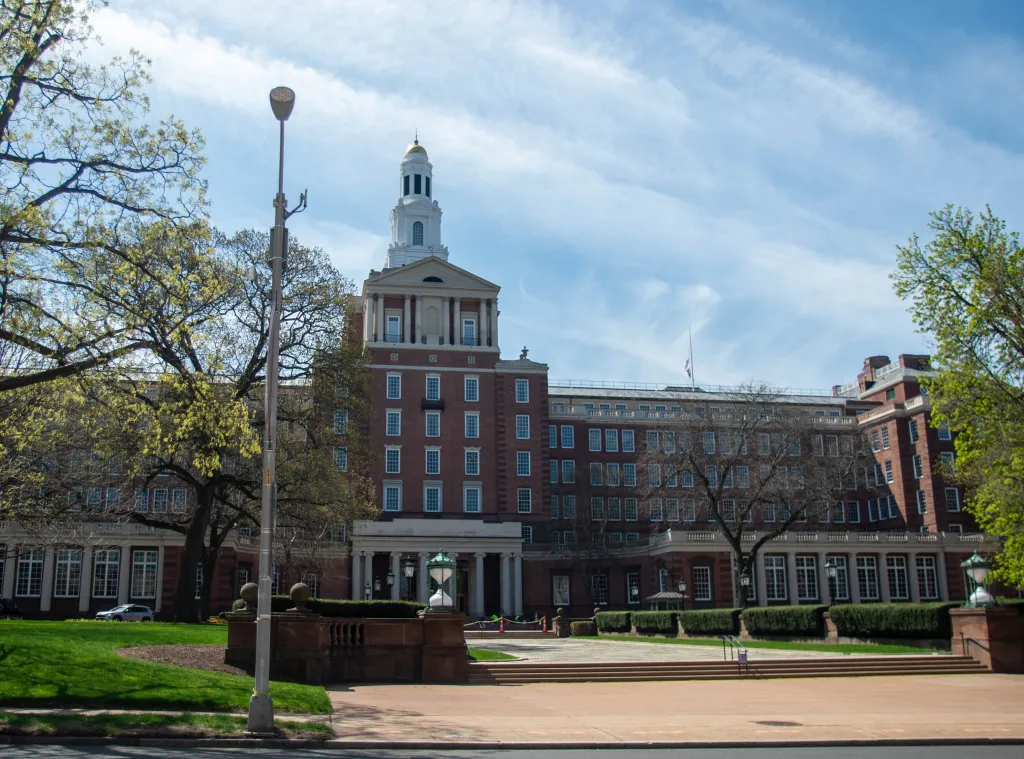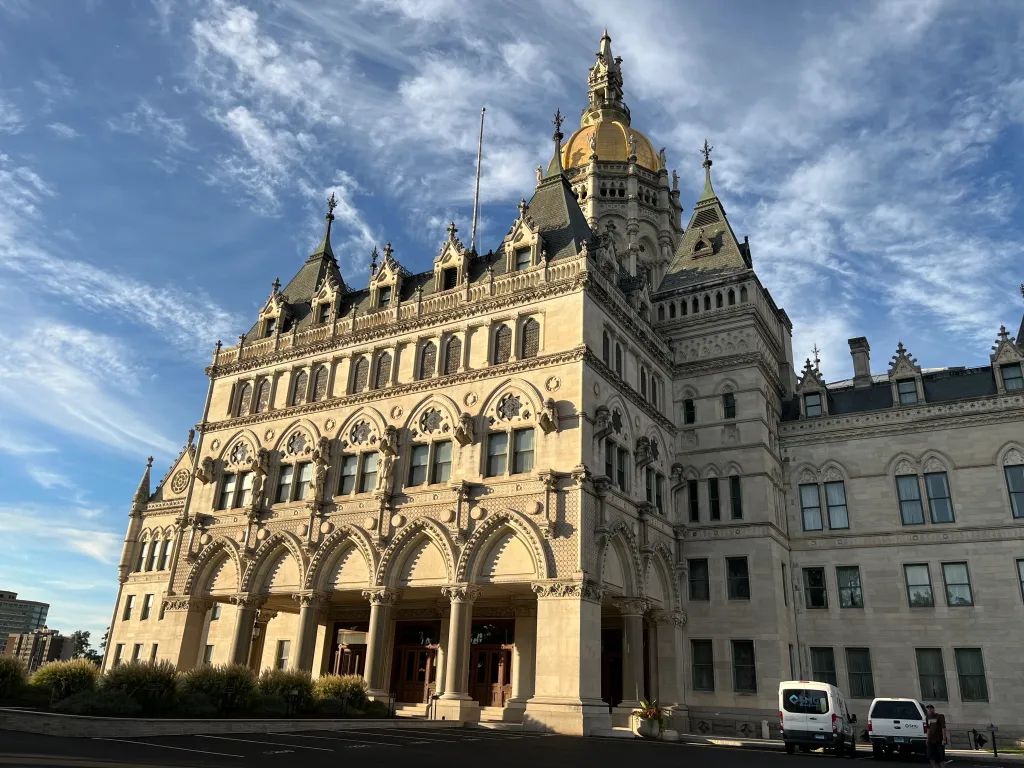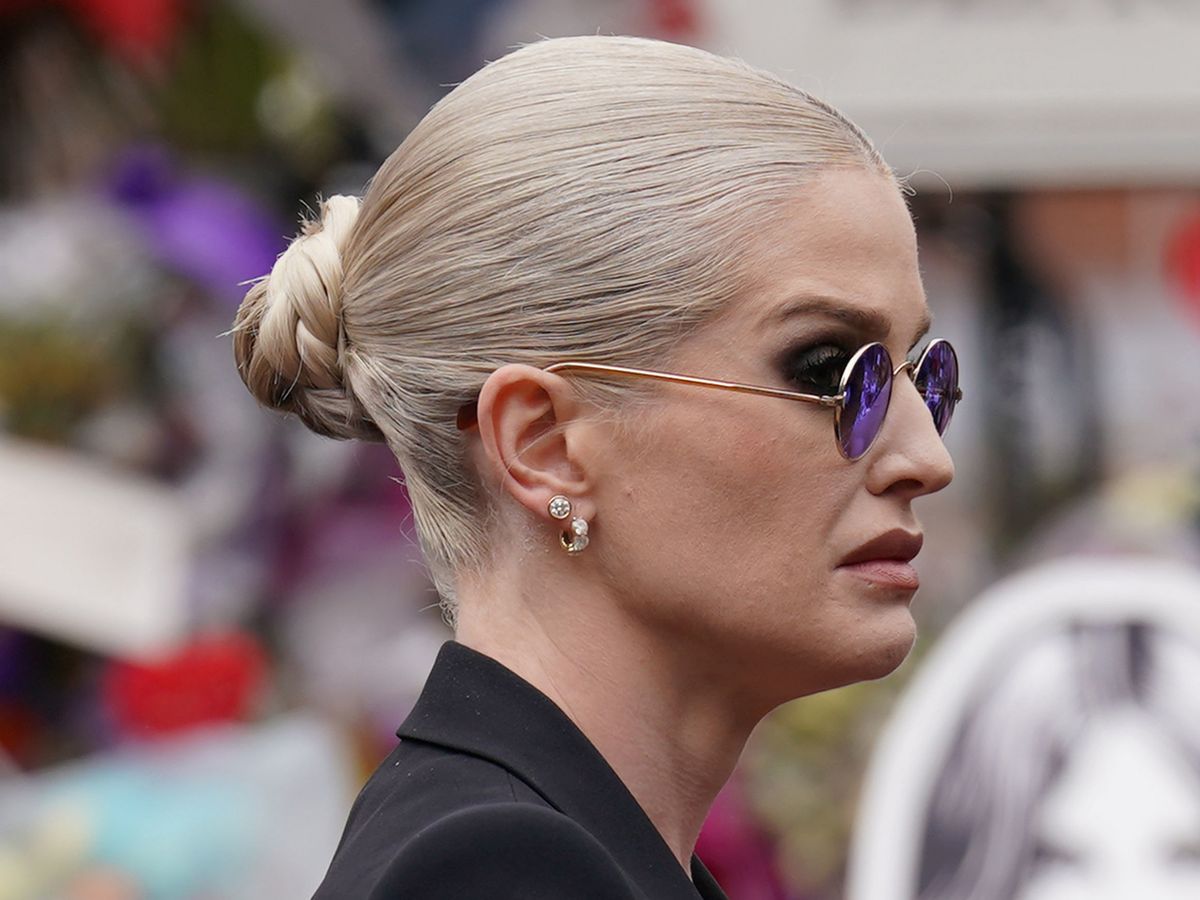Copyright The Boston Globe

The New York Times bestselling novelist and journalist was thrilled to discover, some years back, a notable historic racehorse to write about. Her 2022 bestseller, “Horse” has been optioned for film — as have other of her titles, including “People of the Book.” She left “Horse” untouched for almost a year — overcome with grief, unable to concentrate — after the sudden death of her husband, author/journalist Tony Horwitz, Horwitz collapsed on a Washington D.C. sidewalk while on a book tour in 2019. Brooks spent a year sorting through red-tape and supporting her two sons. “It took me a year to just have the clarity of mind you need to go down a fictional rabbit-hole,” the Sydney native tells me. But “I knew I needed to finish [“Horse”] because Tony had been incredibly supportive of it. I needed to finish it so I could dedicate it to him.” She did. Then embarked on a book-tour, stifling her primal howl, and wearing the “mask of the normal woman who responds the way she’s expected to, does the things she’s expected to do,” she says. “It was exhausting.” Three years after Tony’s death, she couldn’t hold it in any longer. Brooks retreated to Flinders Island off the coast of Australia to do “the unfinished work of grieving,” she writes in her memoir, published this year. “Memorial Days” recounts her loss of, and love for, Horwitz — from their meeting at college to their life as war correspondents to their book-writing days on Martha’s Vineyard. Brooks says she doesn’t expect to write another memoir, and that her upcoming talk at the Boston Book Festival is the “last one I’ll ever do” on this book. Catch her in discussion with award-winning historian and former president of Harvard, Drew Gilpin Faust, Oct. 25, at 3 p.m. Q. So tell me a bit about what you’ll discuss at Boston Book Fest. A. I’m in the hands of the incredible Drew Gilpin Faust and happy to take the conversation wherever she leads it. I’ve known Drew for years. She and Tony were great friends because they shared a passionate interest in the Civil War. We first met each other at a very unusual event: the burial of Stonewall Jackson’s horse. Q. That is unusual. The poor horse, Little Sorrell [who died in 1886], had been stuffed [on display at the Virginia Military Institute]. They finally decided to give him a ceremonial burial [in 1997]. We noticed— amongst all the hoopskirts and crying women— a poised, tall woman in black. That was Drew Gilpin Faust. The friendship continued from there. Q. It seems like you didn’t fully process Tony’s death until you went to Flinders Island. Writing and nature became your therapy. A. Three years after Tony died, I still wasn’t right in the head. I had to allow myself the [time to grieve] that modern life doesn’t allow for. In the middle of this stupefying grief, I had to deal with credit card companies, health insurance — all the things that are triggered when somebody’s social security number turns up on a death certificate. Q. Why Flinders? A. I’d been there with Tony and loved it from the moment we’d stepped off the plane. It was the most remote place I could think of, and I wanted to get away from everything. They warned me there was no cell service or internet. I’m thinking, “Great!” I’ve always gotten solace from nature. Wilderness is the most restorative thing, because humans evolved for millennia in nature. It’s this split-second we’ve lived as city people. There’s something in us designed to resonate with that. That was part of my therapy. Q. You and Tony had a funny meet-cute at Columbia. You waved at him and thought he was ignoring you. A. Yeah! I didn’t realize how blind he was. I waved to him. He didn’t wave back. Later on, he explained that he’d dropped his glasses down the toilet the night before. Q. What clicked when you met? A. His sense of humor at first. Then, it was his idealism. We were ideologically aligned. And he was gorgeous, so that helped. Q. There was a time when you two led these exotic, dangerous lives as war correspondents — bulletproof vests and bricks of cash. What was it like to pivot to novel-writing? I would’ve kept doing it. It was completely engrossing work, very mission-driven. But at age 39 I realized if we were going to have a family, it was now or never, and it wasn’t compatible to be running off on long, open-ended assignments. That was my reason for stopping. Q. Why fiction? It was Tony who said, “That story about the plague village [Eyam, England] has always intrigued you. Why don’t you try and write it?” That was my first novel, “Year of Wonders.” (2001) Lucky for me, somebody wanted to read it. Q. You grew up in Sydney; Tony had family in Virginia. Why Martha’s Vineyard? When I was 11, I was obsessed with “Star Trek.” I loved Mr. Spock. I was in the Leonard Nimoy Fan Club, and my club penpal lived on Martha’s Vineyard every summer. I’d get these beautiful postcards from a place called Menemsha. At Columbia, I mentioned to a classmate that I wanted to see this Menemsha before I went back to Sydney. He said, “I’m going there Labor Day weekend, you should come with me.” That was Tony, and I married him.



